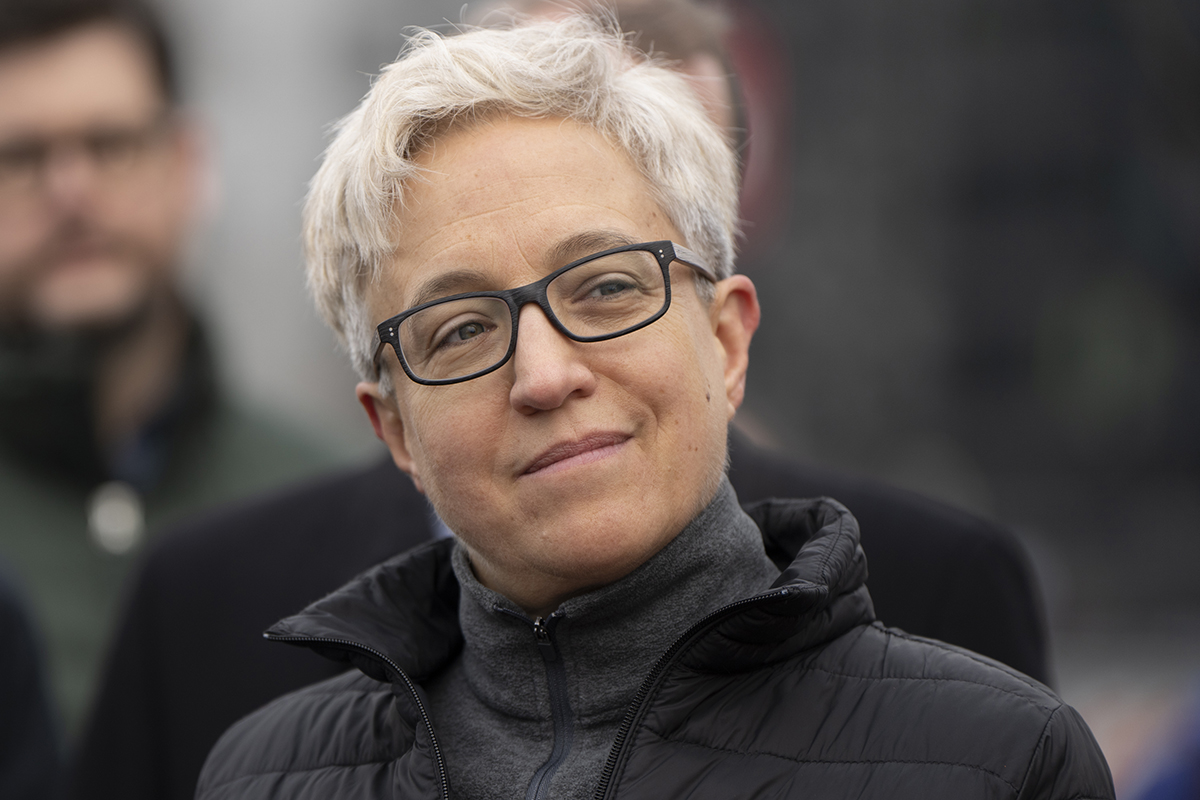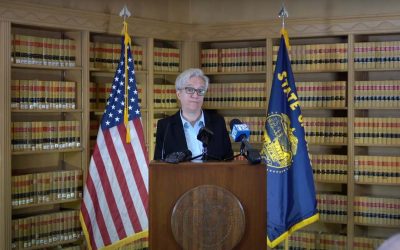Governor Tina Kotek says she’s “getting the job done,” but apparently that job doesn’t include signing her own billion-dollar tax hike bill anytime soon. After rushing Oregon lawmakers into a special session to pass her massive transportation funding package, Kotek is now doing everything she can to delay putting pen to paper, a move critics say is designed to silence Oregon voters before they can push back.
House Bill 3991, which raises billions through gas taxes, payroll taxes, and higher vehicle registration fees, passed earlier this month. But Kotek is in no hurry to sign it. Instead, she’s stretching her legal deadline to November 12, conveniently cutting into the short window Republicans and taxpayer advocates have to gather enough signatures to refer the measure to voters.
Under Oregon law, opponents only have 90 days after adjournment to submit the required signatures to put a bill on the ballot. The catch? They can’t start collecting a single signature until the governor signs the bill. The longer Kotek waits, the less time Oregonians have to fight back.
Representative Ed Diehl (R-Scio), who’s leading the referendum effort alongside Senate Minority Leader Bruce Starr (R-Dundee) and the Taxpayers Association of Oregon, says the delay is pure politics. “If she drags this thing out, we’ll have 54 days,” Diehl said. “It’s going to be a mad dash, but I’m taking it as a challenge. I want to show that the Oregon way is still alive here.”
The group is organizing under the banner Right to Vote on the Gas Tax PAC and plans to raise half a million dollars to put at least parts of HB 3991 on the November 2026 ballot, including the six-cent gas tax increase, the doubled payroll tax, and hikes to DMV fees. Those taxes would hit Oregonians already struggling under some of the nation’s highest living costs.
Oregonians have made their feelings on fuel taxes clear before. In 2000, voters rejected a similar gas tax proposal by a staggering 87 percent. Yet Democrats continue to push new taxes under the guise of “infrastructure” and “climate priorities,” ignoring the simple truth: Oregon doesn’t have a revenue problem, it has a spending problem.
Critics argue that if Kotek truly cared about fixing roads, she’d redirect existing funds instead of reaching deeper into taxpayers’ wallets. Billions continue to flow into programs unrelated to transportation, while road maintenance takes a backseat to political pet projects.
Kotek’s camp insists the taxes are necessary to prevent layoffs at the Oregon Department of Transportation, warning that thousands of jobs and safety services are at stake. But Republicans say this is fear-mongering, the same playbook Democrats always use to justify higher taxes.
“Instead of cutting waste or re-prioritizing budgets, their solution is always the same: tax more, spend more, and tell you it’s for your own good,” one GOP staffer said.
Even more troubling is Kotek’s open discouragement of citizen participation. When asked about the petition drive, she told Oregonians not to sign. “Frankly, I would urge Oregonians to think about signing onto a referral that will take away our basic ability as Oregonians to keep our roads operating,” she said.
Translation: don’t question government spending, just pay more and be quiet.













